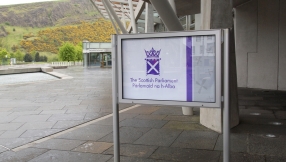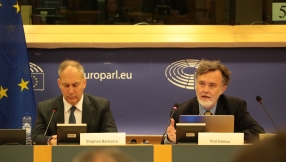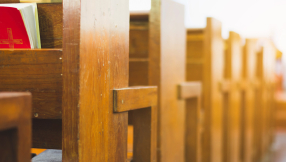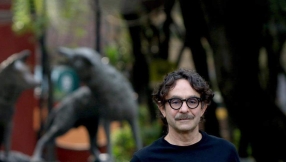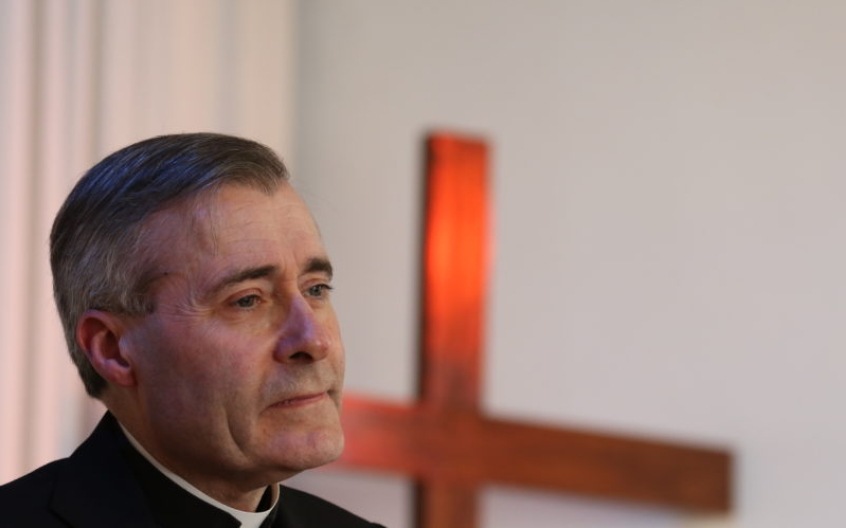
Christians in the UK could be targeted by the Government's counter-extremism strategy, a Catholic bishop has warned.
In a sermon at Lourdes, Bishop Mark Davies of Shrewsbury said the Government strategy 'struggles to define arbitrary values which might preserve society now confronted by aggressive ideologies and homicidal terror'.
Referring to a recent poll, Davies argued that the problem lies in how 'extremism' is defined. The poll, he said, 'allows [us] to glimpse what lies at the heart of this confusion: a ComRes Poll found that one in three Britons now regard the claims of Christianity and even the person of Jesus Christ as representing extremism'.
The poll, carried out for the Evangelical Alliance, found that 13 per cent of 2,004 respondents thought the Dalai Lama could be considered an extremist, 20 per cent said Gandhi could be considered in the same category, while 25 per cent thought Martin Luther King and Nelson Mandela could be considered as such. More than 40 per cent said that people who believed marriage was only between a man and a woman might be considered extremist.
'There is a destructive extremism we ought to fear, one which seeks not only to deconstruct marriage and the family, but the very identity of the human person; which calls for medical experimentation with no reference to ethical boundaries; that decrees the unborn may live only to terms fixed by man, and demands legal protections be removed from the sick and the aged,' said Bishop Davies. 'It is such extremism which surely threatens the foundations of society.'
He added: 'It is even possible that the very faith in Christ on which our nation was built might become a focus of the Government's counter-extremism agenda.'
Under the Government's 'Prevent' programme, public sector workers are expected to report individuals at risk of radicalisation to local authority panels.










